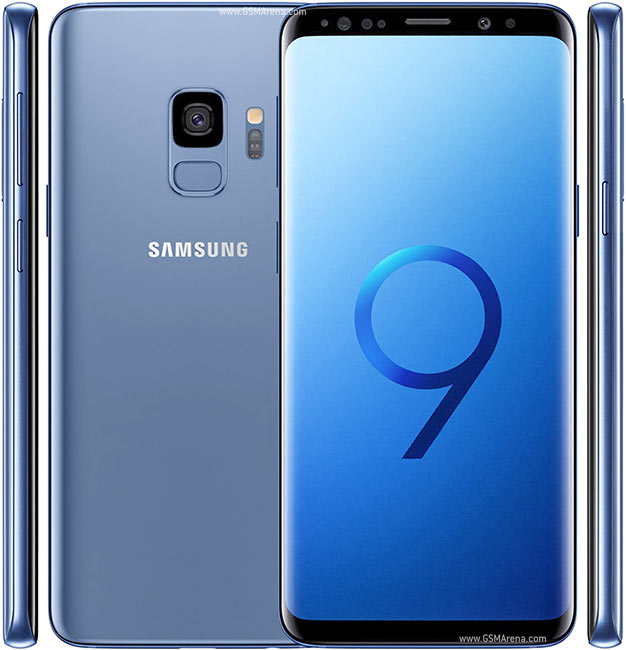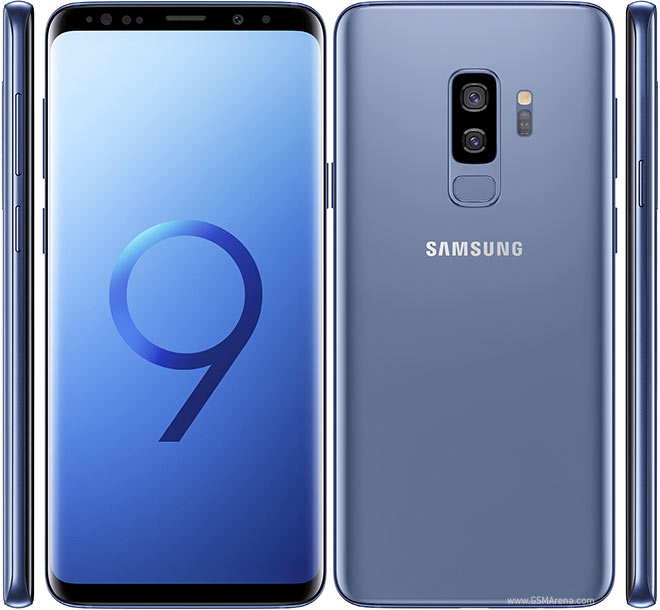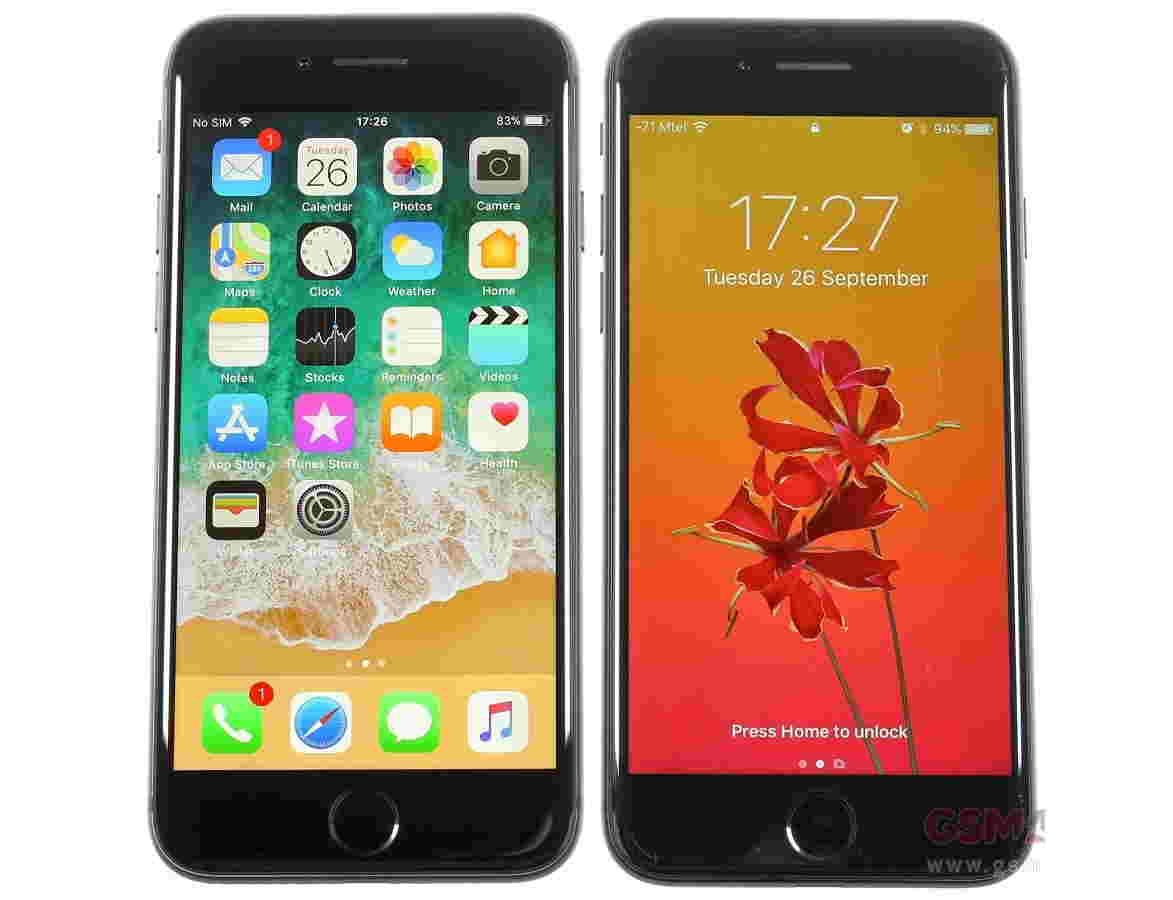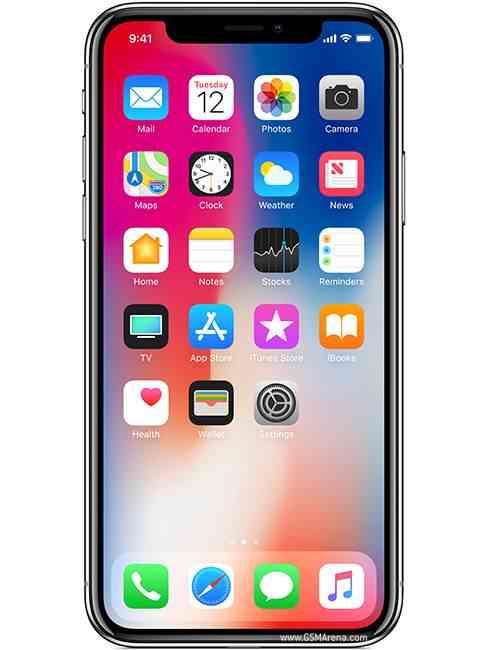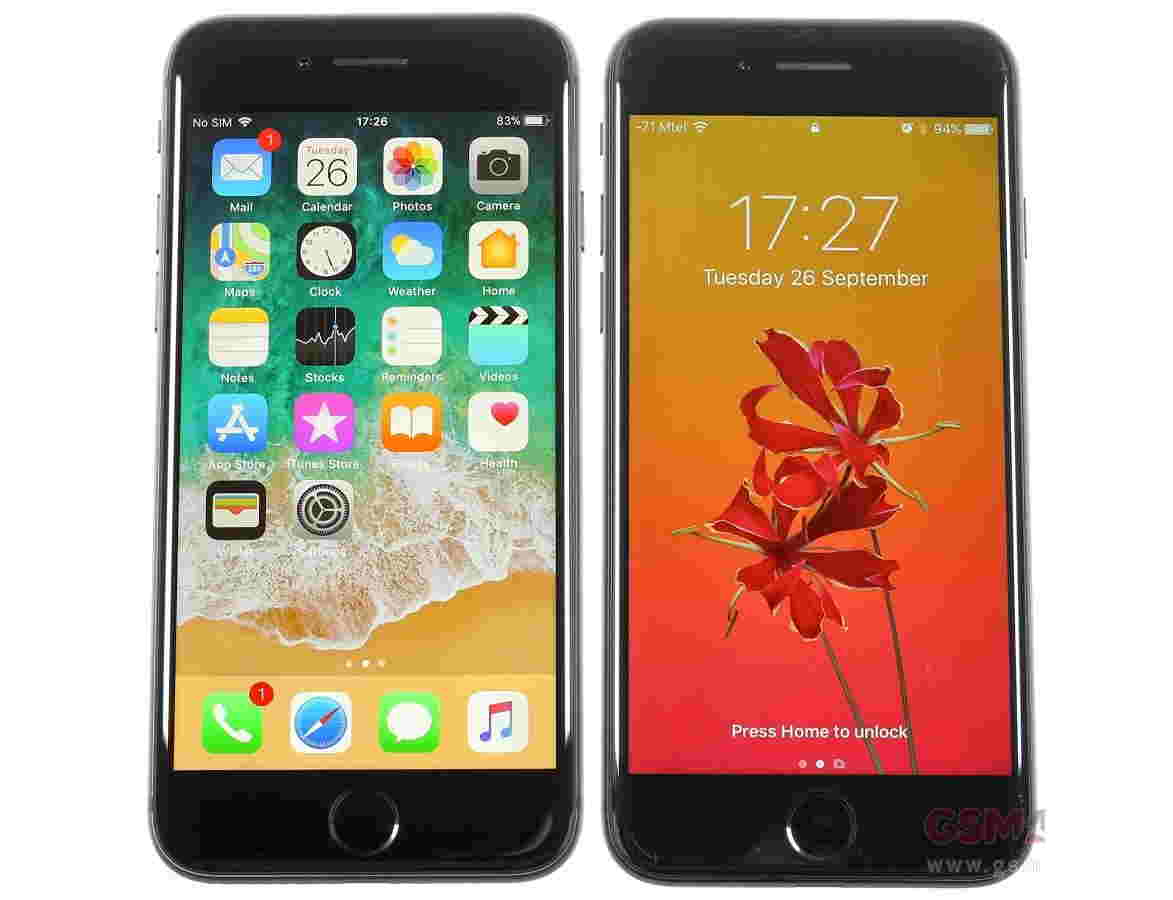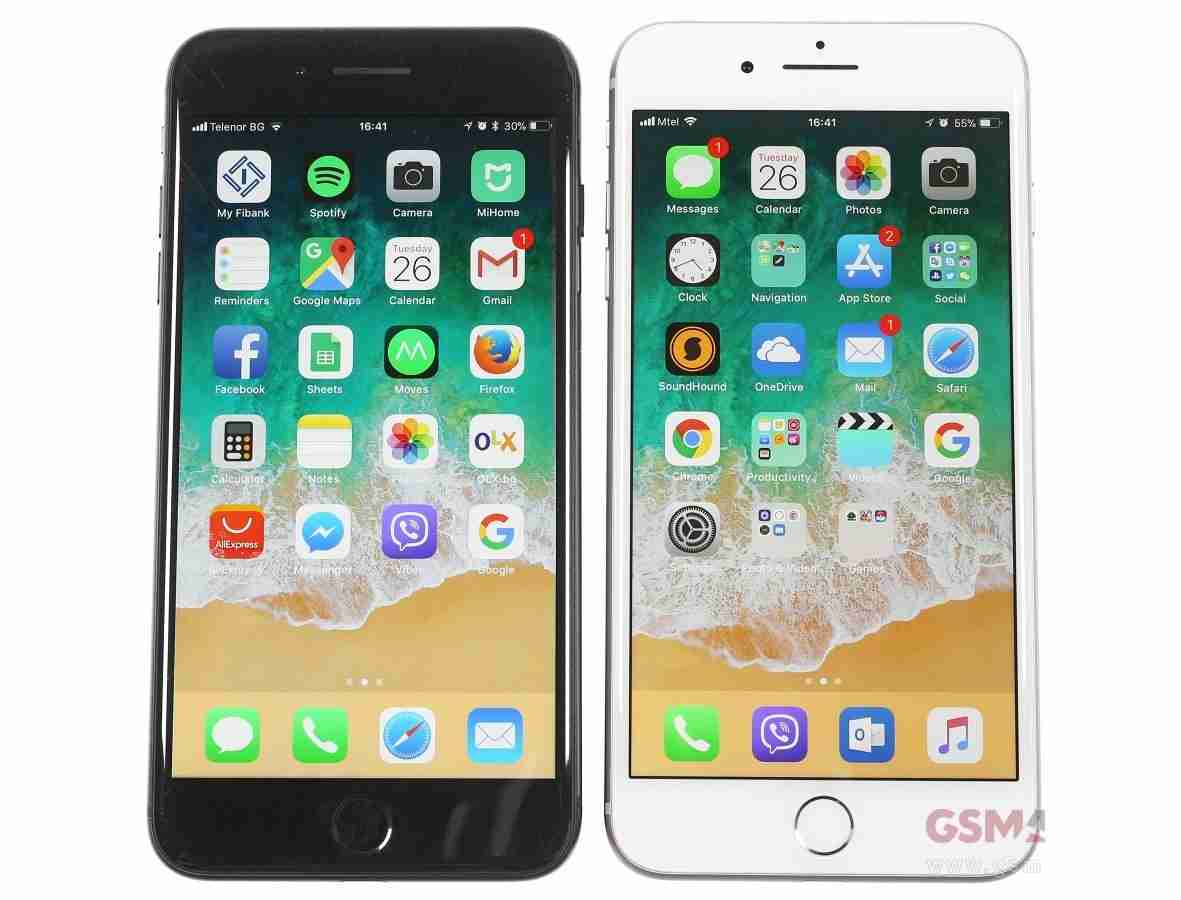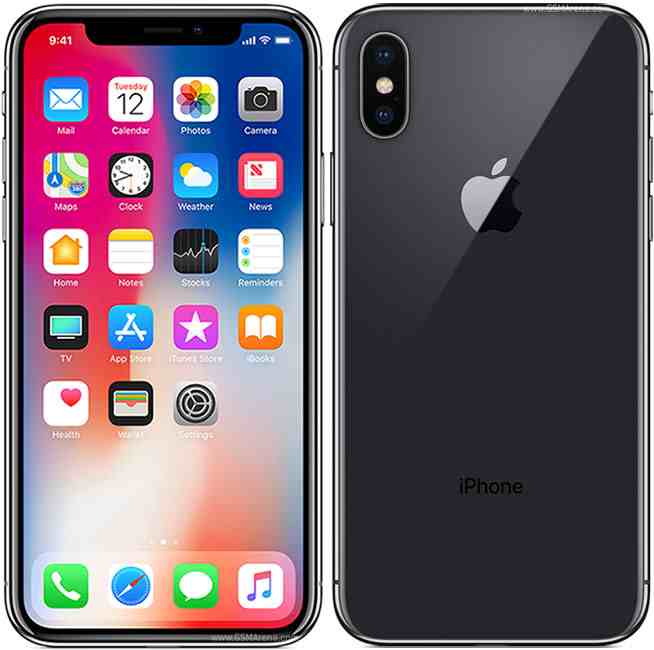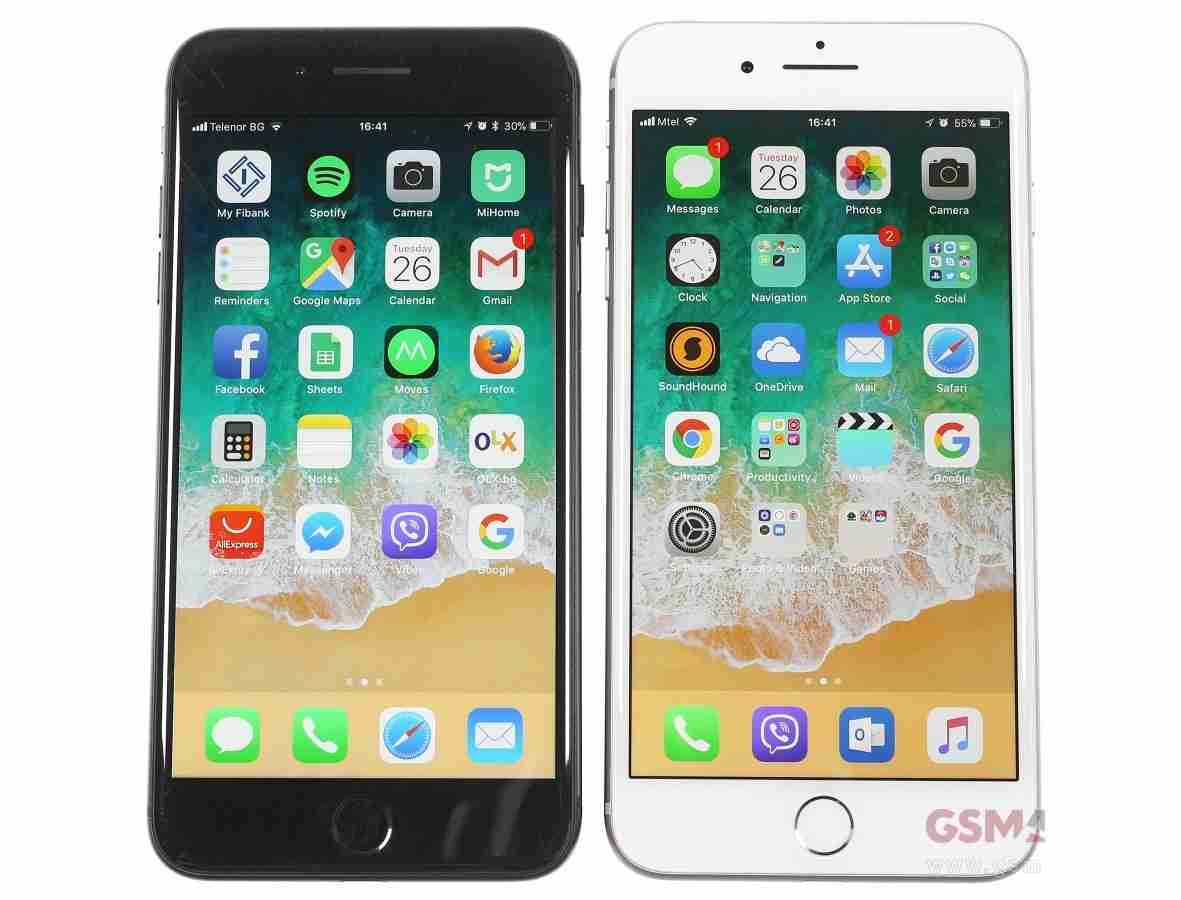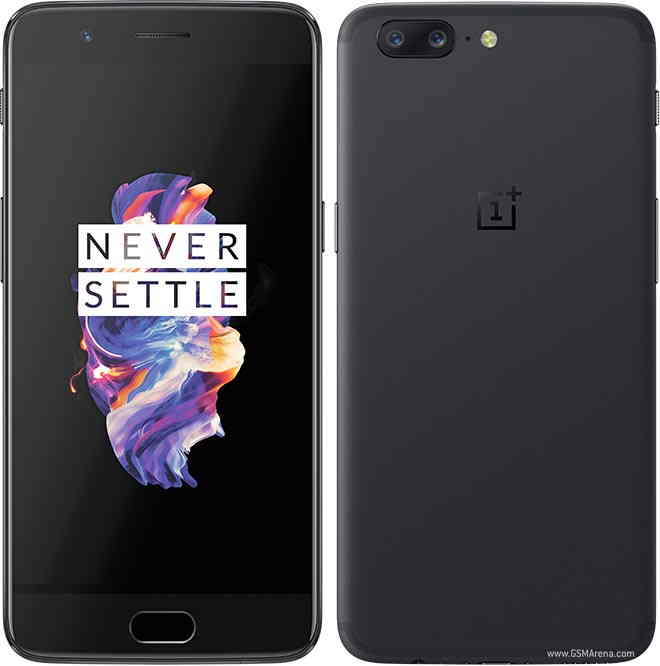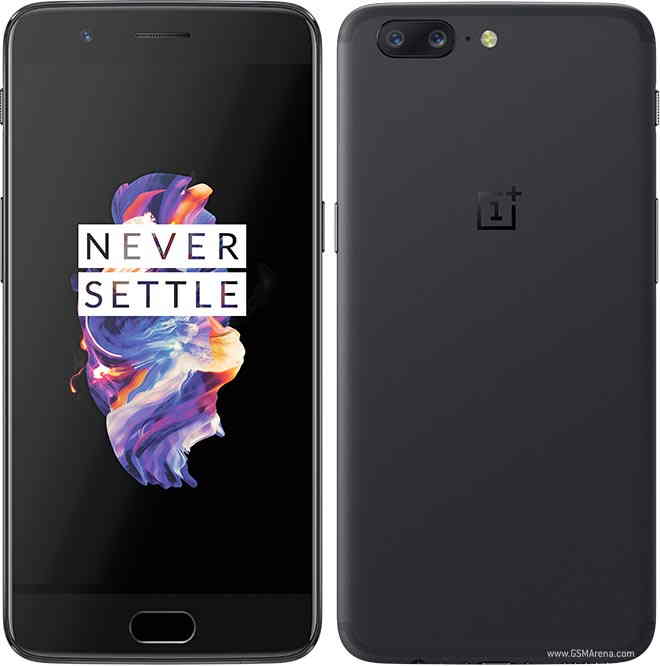Huawei Ascend Mate7 Prices
Important Note.
- All prices are in Pakistani Rupee (PKR)
- Prices may vary at stores and our effort will be to provide you with the updated prices.
- The latest price of Huawei Ascend Mate7 was obtained on 17 مئی, 2019. The prices at the original stores had been updated on the respective mentioned dates.
- Find out WhatMobile price has dropped in Pakistan by selecting Notify Price Drop button
- Find out WhatMobile has better specifications by clicking Add To Compare Button find out what Mobile has better reviews by visiting our reviews section
- Find out WhatMobile is cheaper on which retailer by clicking Compare prices from retailers button
Search Terms
- Huawei Ascend Mate7
Specifications
| GENERAL | |
| 2G Network | GSM 850 / 900 / 1800 / 1900 |
|---|---|
| 3G Network | HSDPA 850 / 900 / 1700 / 1900 / 2100 |
| 4G Network | LTE 700/800/850/900/1700/1800/1900/2100/2600 (1/2/3/4/5/7/8/20/28) TD-LTE 2300 |
| Sim | Micro-SIM |
| Announced | 15/09/2014 |
| Status | 2014, Q4 |
| BODY | |
| Dimensions | 157 x 81 x 7.9 mm (6.18 x 3.19 x 0.31 in) |
| Weight | 185 g (6.53 oz) |
| DISPLAY | |
| Display Size | 1080 x 1920 pixels, 6.0 inches (~368 ppi pixel density) |
| MultiTouch | yes |
| Protection | Corning Gorilla Glass 3 - Emotion UI 3.0 |
| SOUND | |
| AlertTypes | Vibration, MP3, WAV ringtones |
| LoudSpeaker | yes |
| 3.5mm jack | yes |
| MEMORY | |
| CardSlot | microSD |
| Internal | 16 GB, 2 GB RAM, 3 GB RAM |
| DATA | |
| GPRS | yes |
| EDGE | yes |
| Speed | HSDPA, 42 Mbps, HSUPA, 5.8 Mbps; LTE, Cat6, 50 Mbps UL, 300 Mbps DL |
| WLAN | Wi-Fi 802.11 a/b/g/n, dual-band, DLNA, Wi-Fi Direct, Wi-Fi hotspot |
| Blue Tooth | v4.0, A2DP, EDR, LE |
| NFC | yes |
| USB | microUSB v2.0, USB Host, USB On-the-go |
| CAMERA | |
| Camera Primary | 13 MP, 4128 x 3096 pixels, autofocus, LED flash |
| Camera Features | Geo-tagging, face detection, HDR, panorama |
| CameraVideo | 1080p@30fps |
| CameraSecondary | 5 MP, 720p |
| FEATURES | |
| Processor Cores | Quad-Core |
| OS | Android OS, v4.4 (KitKat) |
| CPU | Quad-core 1.8 GHz Cortex-A15 & quad-core 1.3 GHz Cortex-A7 |
| Sensors | Accelerometer, gyro, proximity, compass, barometer |
| Messaging | SMS (threaded view), MMS, Email, Push Email |
| Browser | HTML5 |
| Radio | TBC |
| GPS | Yes, with A-GPS, GLONASS |
| Java | Yes, via Java MIDP emulator |
| Colors | Obsidian black, Moonlight silver, Amber gold |
| Others | - Active noise cancellation with dedicated mic - DivX/XviD/MP4/H.263/H.264/WMV player - MP3/eAAC+/WMA/WAV/Flac player - Organizer - Document editor - Photo/video viewer/editor - Voice memo/dial/commands - Predictive text input |
| BATTERY | |
| Battery | Non-removable Li-Po 4100 mAh battery |
| StandBy | (2G) / Up to 648 h (3G) |
| MISC | |
Reviews
Introduction and design
The Huawei Ascend Mate 7 is the latest flagship device from the Chinese manufacturer, but rather than replace the Ascend P7 it slides in above into the ever growing "phablet" market.
It's the natural successor to the Ascend Mate 2, so you'd expect it to carry the number three at the end of its name, but Huawei is obviously looking to streamline its naming as it now was the G7, P7 and Mate 7.
In terms of price the Huawei Ascend Mate 7 starts at an surprisingly reasonable sounding €499 (around £400, $650, AU$690) for the 16GB internal storage, 2GB of RAM model, with the choice of black or silver.
If you fancy doubling your internal storage to 32GB, and bumping the RAM up to 3GB, you'll have to part with €599 (around £480, $780, AU$830). Plus you'll be forced to have the Mate 7 in gold.
The good news is the Ascend Mate 7 is smaller than its 6.1-inch predecessor - the bad news though is the screen is still a whopping 6 inches in size. This certainly isn't a phone for the faint hearted, or small handed.
With such a large screen the Ascend Mate 7 has some distinguished competition, not least the recently announced Samsung Galaxy Note 4, as well as the Nokia Lumia 1520 and even the 5.5-inch LG G3.
The screen may only be a touch smaller than the Mate 2, but Huawei has done an impressive job of slimming down the bezels around the display of the Ascend Mate 7.
You'll notice they aren't quite as slim as the seem when you turn the screen on, as there's a black bezel surrounding it - but it still looks impressive.
In fact the screen accounts for 83% of the surface area of the front of the Ascend Mate 7, providing an impressive finish to the handset - putting it just above the 80% ratio of the Note 4.
This provides an impressive design and makes it ever so slightly easier to handle in one hand. With dimensions of 157 x 81 x 7.9mm its comfortable smaller than the 6-inch Lumia 1520 and 5.9-inch HTC One Max.
Compared to the Mate 2, the Ascend Mate 7 is 17% thinner and 10% lighter, tipping the scales at 185g - no bad for a handset sporting an aluminium unibody. The One Max was a weight 217g.
Pick it up and the Ascend Mate 7 does feel like a well crafted handset, and you do get the sense that this is a premium product thanks to the cool metal against the palm.
In fact 95% of the body of the Mate 7 is metal, creating a strong, sturdy handset - while thin plastic strips run across the top and bottom of the device at the rear, under which are antenna.
Huawei has slightly curved the rear of the Mate 7, allowing it to fit a little more snugly into the hand, and I found that it was pretty comfortable to hold.
Sure it's big - too big for some - but I was still able to get some one handed operation going without too much hassle.
A little shuffling was required to properly hit the metal power/lock and volume rocker buttons of the right side of the handset, but it wasn't too much trouble.
On the left side you'll find two trays, one which takes a microSIM and the other which can take either a microSD card, or a nanoSIM, making the Mate 2 a dual-SIM device.
Another bonus here is that both slots support 4G SIM-cards, so you'll be able to take advantage of superfast data speeds on both tariffs.
Display and fingerprint scanner
The 6-inch display on the Huawei Ascend Mate 7 sports a full HD, 1920 x 1080 resolution giving you a decent pixel density of 368ppi.
That's quite a considerable improvement over the 1280 x 720 6.1-inch display on the Ascend Mate 2, which could only muster a pixel density of 241ppi.
The screen is given an extra boost thanks to new display technology, and the Mate 7 boasts a JDI IPS-NEO with negative liquid crystal display.
What does that mean? Well the Ascend Mate 7 can achieve a contrast ratio of 1500:1, where as most LCDs struggle to get to 1000:1. This provides richer, brighter colours - it's certainly nice to look at.
The negative liquid crystal technology is also said to be 15% more power efficient than traditional LCDs, which is good news considering the size of it on the Mate 7.
On very close inspection text and images aren't quite as sharp as the 5-inch full HD smartphones, but you won't notice unless you put them side by side.
Another key feature of the Huawei Ascend Mate 7 is the fingerprint scanner loacated on the rear of the device. The position of the sensor may seem a little odd, but for a phone of this size it makes sense and I found it very easy to locate.
When it comes to functionality it looks like Huawei has learned from the scanners that have come before it, and there are similarities between it and Apple's TouchID system on the iPhone 5S.
When setting up the system you're asked to remove and replace your finger on the scanner a number of times at slightly different angles, allowing the Ascend Mate 7 to build up an image of your print.
This allows you to come at the scanner from any angle, making it a lot easier to use than the straight swipe motion demanded by the likes of the Galaxy S5 and Galaxy S5 Mini.
I gave the fingerprint scanner a whirl during my hands on time, and I was very impressed with its accuracy and ease of use.
It's comfortably better than the HTC and Samsung implementations I've used, and it's almost as good as Apple's offering - which is high praise indeed.
In fact it's quicker to unlock the Mate 7 with your fingerprint than it is the iPhone, as you just have to touch your digit on the sensor and it will unlock and wake the screen. On the iPhone you have to press the home button and leave your finger there for a second.
You can use the fingerprint scanner to unlock the Ascend Mate 7, as well as to secure folders, protect select applications, snap a picture and even engage visitor mode.
With the ability to store up to five fingerprints in the Security Engine Trustzone on the chipset (which is protected by SecureOS) you can have one print which automatically engages visitor mode, where you can customise the content other people see.
Interface, performance, camera and early verdict
The Huawei Ascend Mate 7 comes running Android 4.4 KitKat, but the Chinese firm as applied its own overlay.
It's a new version of the interface, known as Emotion UI 3.0, and it's debuting on the Ascend G7 as well as the Mate 7.
It's slightly less childish than older variants, but the app list is still missing with everything stored on homescreens instead, which will irk some Android users.
An interesting design tweak is the navigation icons at the bottom of the screen, with Huawei opting to use the yet-to-be-released Android L style, even though the handset is running KitKat.
That's hopefully a sign that the Mate 7 will be updated to Android L when Google makes it available, but for now it's a little confusing - although you'll get used to it.
Running the show is a powerful octa-core Kirin 925 processor (made up of 4 x 1.8GHz A15 cores and 4 x 1.3GHz A7) which harness the big.LITTLE architecture. This ensures the Mate 7 has plenty of power behind the scenes, but only uses it when it's really required.
The processor is still relatively unknown in terms of performance and power efficiency, and I'll be interested to see how it compares to the top Snagdragon processors found in many of the top Android devices.
During my hands on time with the Mate 7, things didn't really sparkle in terms of performance. Every now and then I'd get a little big of lag navigating around, and when I changed themes the wallpaper wasn't aligned properly.
A quick reboot sorted the issue out, and these could well be bugs which get ironed out before its launch in a month.
To go with all that power the Ascend Mate 7 also boasts CAT 6 LTE capabilities. If your network allows, it means you can theoretically get data speeds of up to 300Mbps.
How does that equate to real world usage? Huawei told me that at that speed you'll be able to download a three hour movie in 2.2 minutes, while a music album will take a mere 2.2 seconds.
Many countries are still a few years off being able to deliver this level of 4G speed to customers, but it does mean that the Ascend Mate 7 is somewhat future proofed.
In the camera department the Ascend Mate 7 inherits the 13MP rear snapper from the P7, while its front facing 5MP option matches that of the G7 and features a f2.4 aperture and panoramic selfie mode.
Huawei has managed to stuff a sizable 4100mAh battery in the slender frame of the Ascend Mate 3, and there are three battery modes (normal, smart and ultra power saving) to ensure the handset keeps running for as long as possible.
According to Huawei the Mate 7 will last 2.23 days on a single charge with medium usage, although you'll have to wait for the full review to see if that's true.
The Huawei Ascend Mate 7 release date is set for the end of October in a number of countries including the UK, with full global availability to be announced soon.
Early verdict
The Hauwei Ascend Mate 7 looks and feels like a surprisingly accomplished handset, and at it's attractive price point it can really give the Samsung Galaxy Note 4 a run for its money.
I still have a few questions on the performance side of things, but the interface may be fine tuned before it makes it to market.
The fingerprint scanner is the star of the show here, working wonderfully well, and coupled with a decent screen and a strong spec list I look forward to putting the Ascend Mate 7 through its paces in the full review.
Write Your Own Review
My Recent Reviews
- Be first to post review for this product.
comments powered by Disqus










.jpg)


.jpg)
.jpg)
-16-GB.jpg)

-32-GB.jpg)


